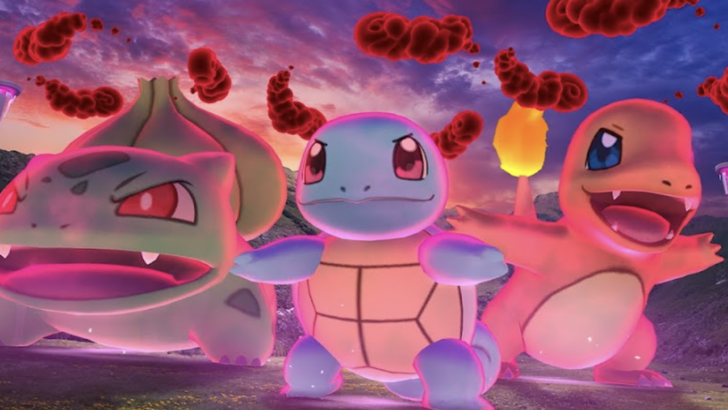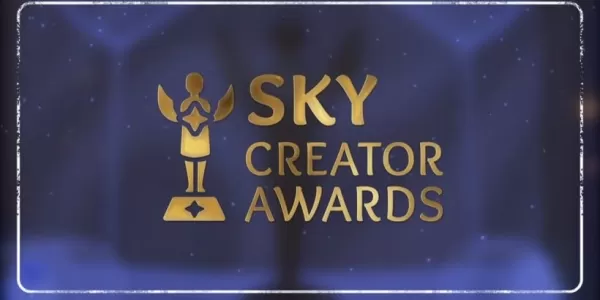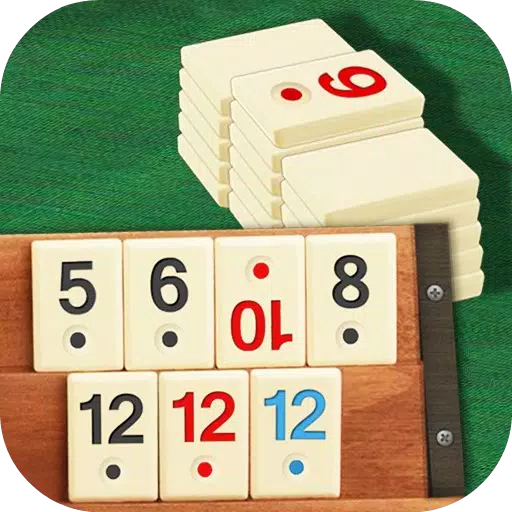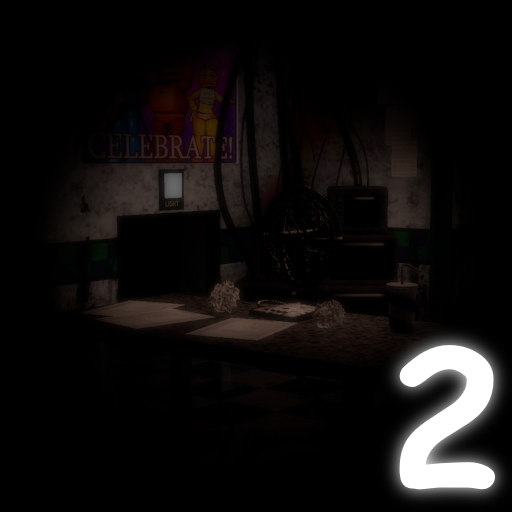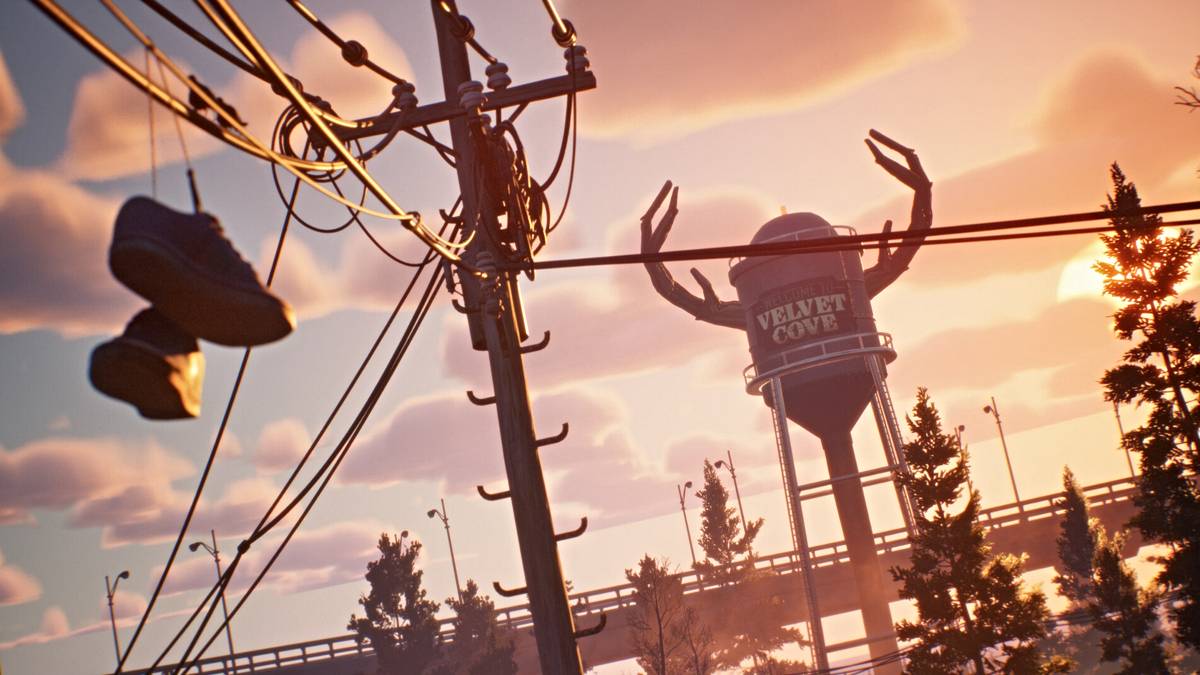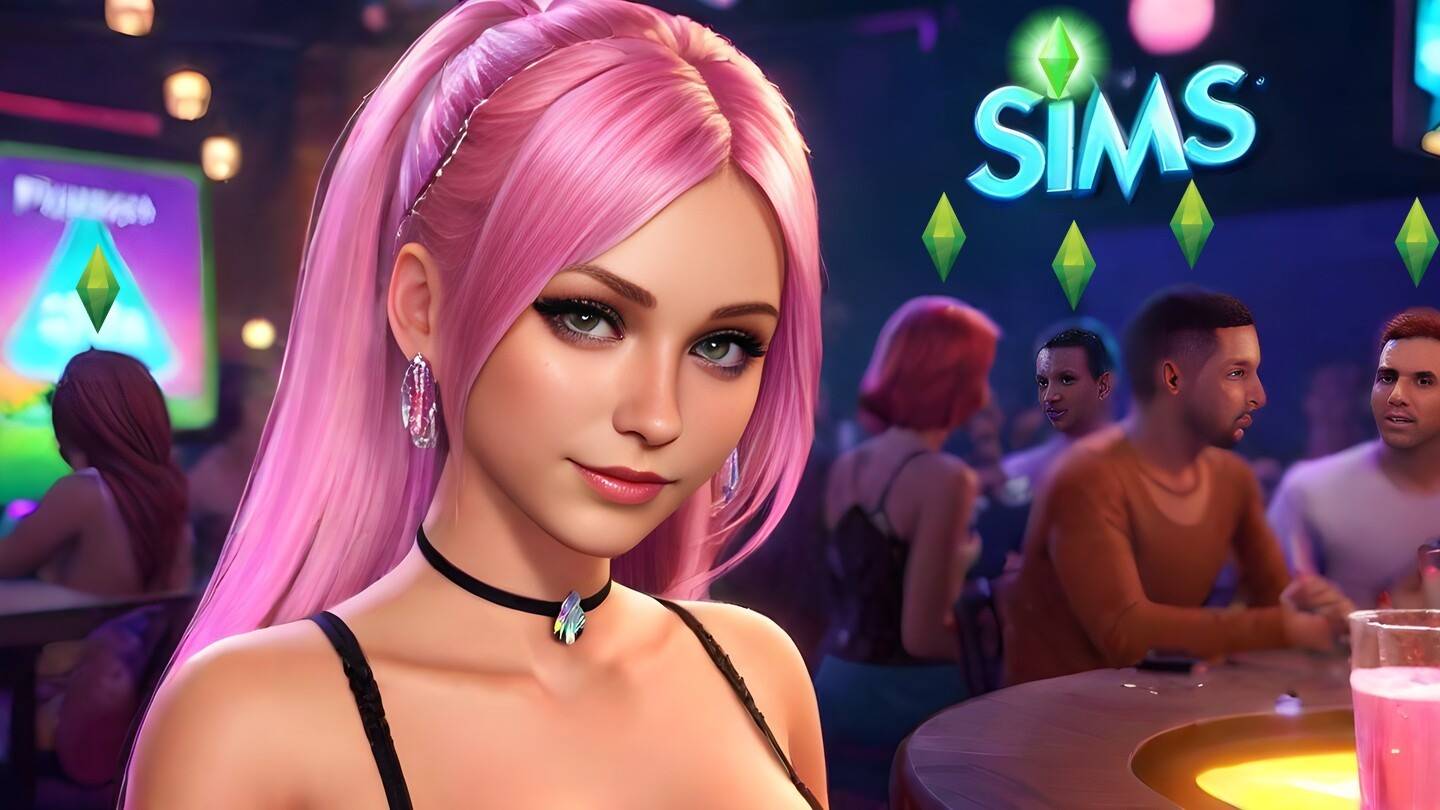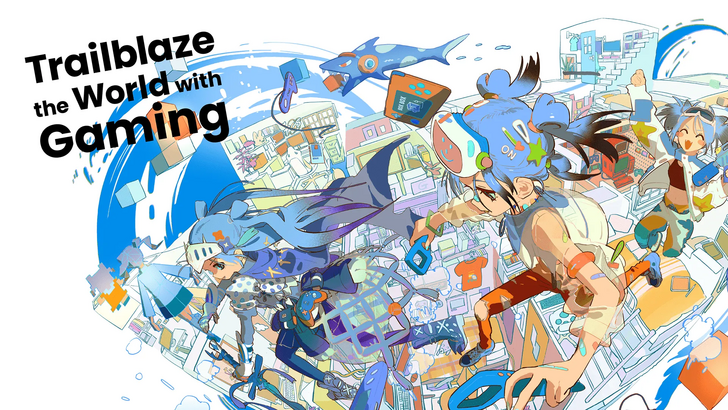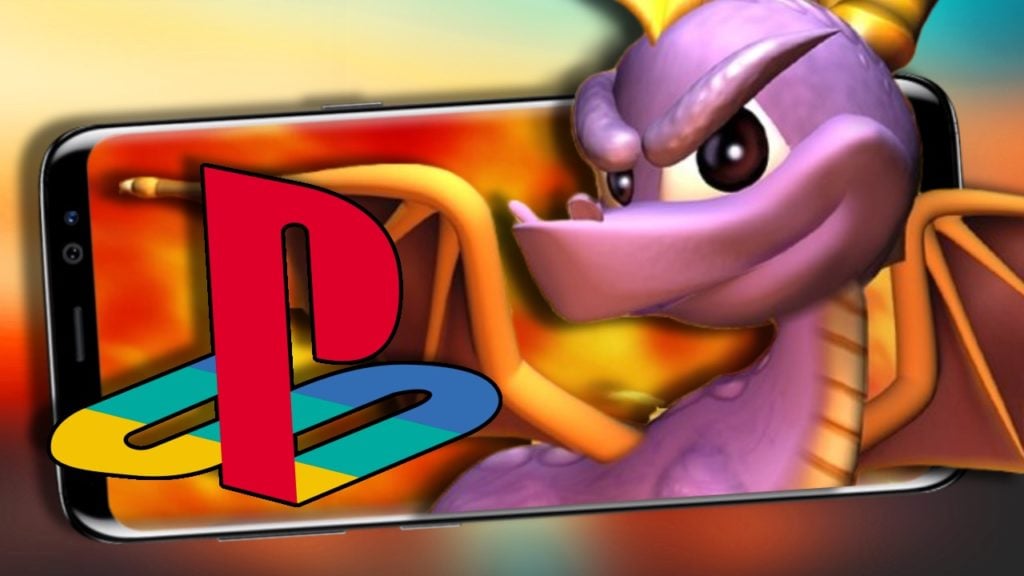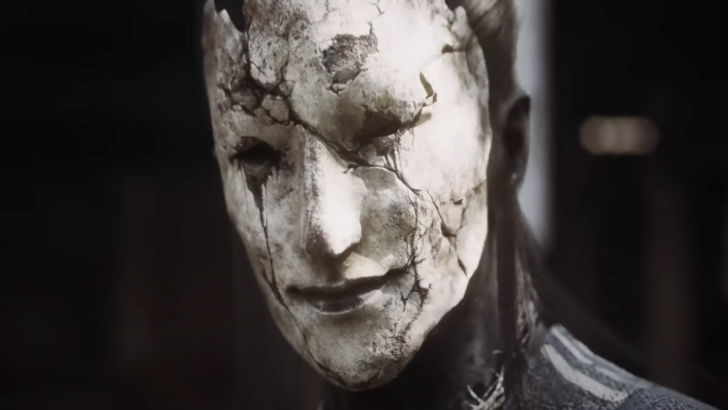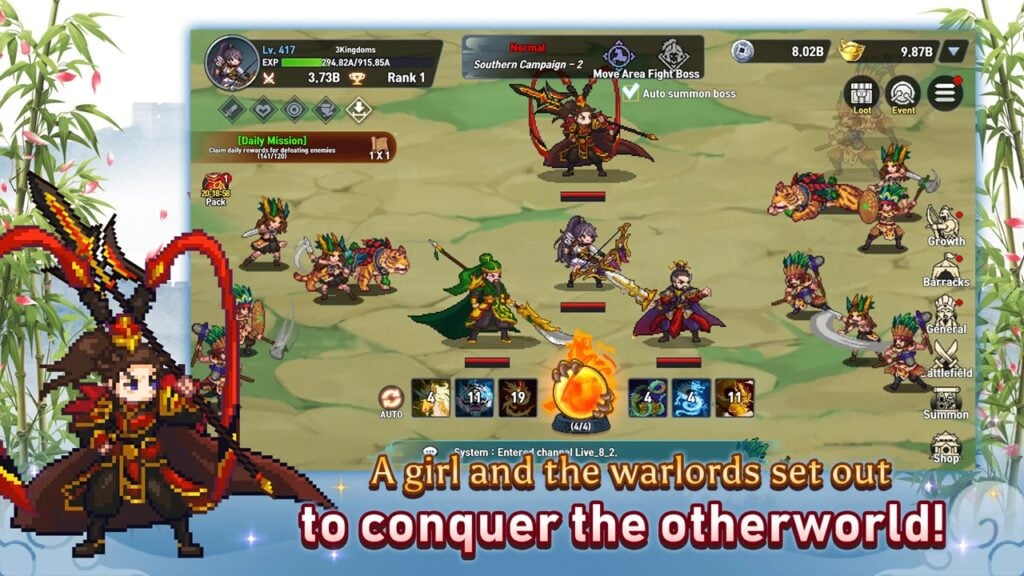The Pokémon Company successfully defended its intellectual property in a significant legal victory against Chinese companies that infringed on its Pokémon characters. The lawsuit, initially seeking $72.5 million, resulted in a $15 million judgment.
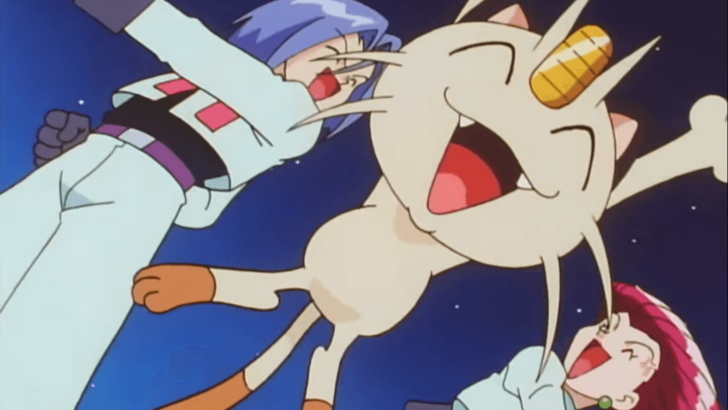
Major Copyright Infringement Case Resolved
Several Chinese companies were found guilty of creating a mobile RPG, "Pokémon Monster Reissue," that blatantly copied Pokémon characters, creatures, and gameplay. Launched in 2015, the game featured striking similarities to the Pokémon franchise, including characters resembling Pikachu and Ash Ketchum, and gameplay mirroring Pokémon's signature turn-based battles and creature collection mechanics. While acknowledging the existence of other monster-catching games, The Pokémon Company argued that "Pokémon Monster Reissue" went beyond inspiration and constituted blatant plagiarism.
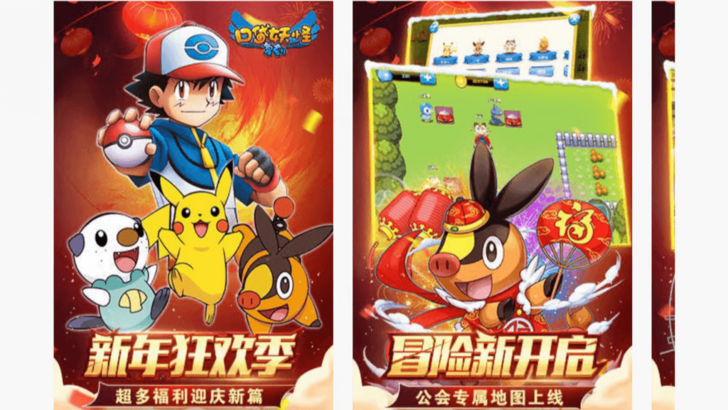
The game's icon mirrored Pokémon Yellow's Pikachu artwork, and its advertising heavily featured Ash Ketchum, Pikachu, and other recognizable characters. Gameplay footage further highlighted the extensive copying. The lawsuit, filed in December 2021 and publicized in September 2022, also demanded a cessation of development, distribution, and promotion of the infringing game.
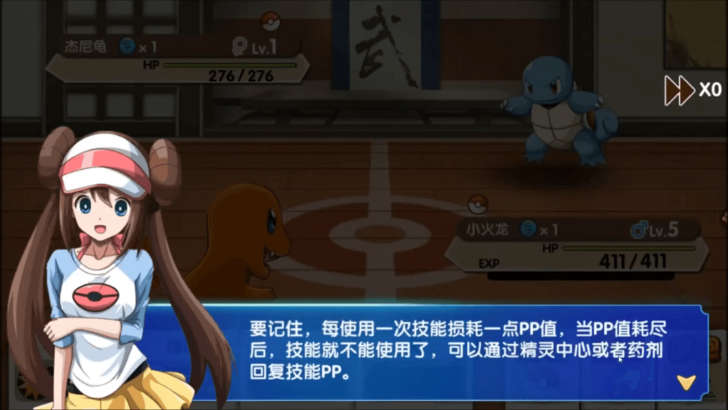
The Shenzhen Intermediate People’s Court ruled in favor of The Pokémon Company. Although the final award was less than the initial demand, the $15 million judgment serves as a strong deterrent against future copyright infringement. Three of the six sued companies have reportedly filed appeals. The Pokémon Company reaffirmed its commitment to protecting its intellectual property to ensure fans worldwide can enjoy Pokémon content without disruption.
Balancing IP Protection and Fan Creativity
The Pokémon Company has faced criticism for its handling of fan projects in the past. Former Chief Legal Officer Don McGowan clarified the company's approach, stating that they don't actively seek out fan projects but intervene when projects gain significant traction or cross a defined threshold. He emphasized that legal action is usually a last resort, triggered by media coverage or direct discovery.
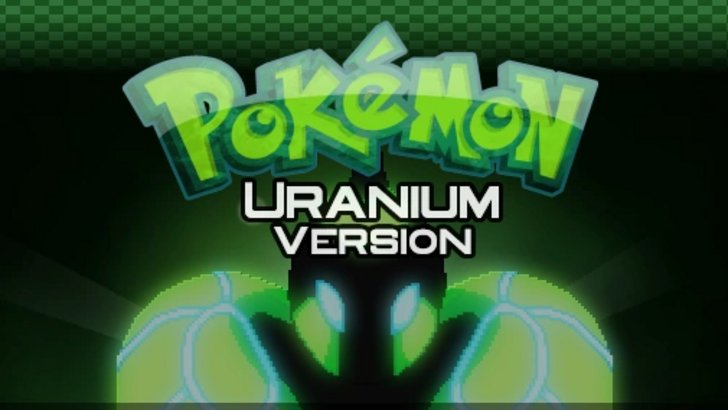
McGowan highlighted that the company often waits to see if fan projects receive funding before taking action. He used the analogy of teaching entertainment law, noting that publicity can inadvertently bring fan projects to the company's attention. Despite this policy, some fan projects with limited reach have still received takedown notices.
